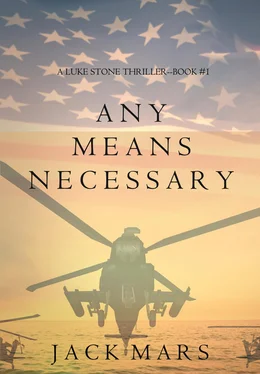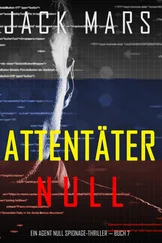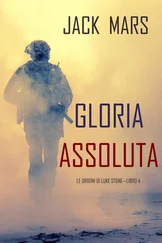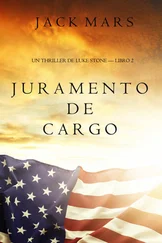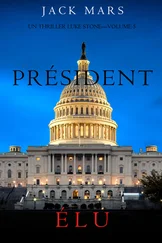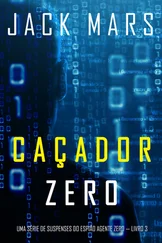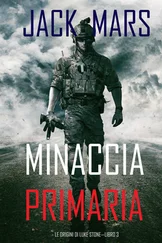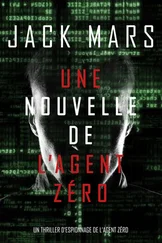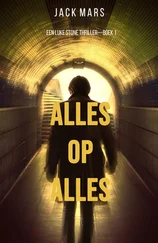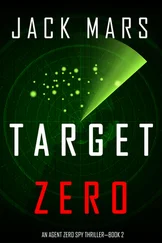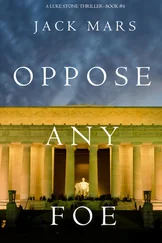Luke put his bags down on the table. The man was obviously a hobbyist, one of these so-called “preppers,” building cockamamie devices like this panic room, and storing canned food to survive the coming apocalypse. It wasn’t Luke’s cup of tea, but it was better than someone who wasn’t prepared at all.
“What else you got?” Luke said. “Give me something good.”
“I have an M1 Garand rifle, and maybe twenty magazines loaded with.30–06 armor-piercing incendiary rounds.”
Luke nodded. “Better. What else?”
Brenna took a deep breath.
“Come on, Walter. Out with it. We don’t have much time.”
“Okay,” Brenna said. “I have a GMC Suburban completely redone in after-market armor. It’s in the garage. It doesn’t look like anything, but the doors, body, interior, suspension, the engine, all of it is wrapped in steel plates, ballistic nylon or Kevlar. The tires are modified runflats – you can ride on them for another sixty miles after they’re blown out. The glass is two-inch-thick transparent polycarbonate and lead. The weight is immense, two thousand pounds more than a stock Suburban. The engine is a jacked-up V8, and the front bumper and grille are reinforced steel – you could drive that thing through a brick wall.”
Luke smiled. “Beautiful. And you didn’t want to tell me.”
Brenna shook his head. “I put a hundred thousand dollars into that car.”
“No better time to use it than now,” Luke said. “Show me.”
They moved through Brenna’s house to the garage. Luke held Brenna back from entering. They stood near the kitchen door, mindful of the possible sniper angles coming through the open garage bay. Across the way from them was the black Suburban. Brenna was right. It looked like a typical late-model SUV. Maybe the windows were a little darker than normal. Maybe the truck glowed a little more than it should. Or maybe that was all Luke’s imagination.
“Gassed up?” Luke said.
“Of course.”
“I need to borrow it.”
Brenna nodded. “I figured. Maybe I’ll ride with you.”
“That’s a good idea. Do you have any old Secret Service buddies, ones who are still able-bodied, and who you know you can trust?”
“I have a few I can think of. Yeah.”
“We need them,” Luke said. “Hell, the country’s still paying them a pension, right? They might as well put their bodies on the line one last time.”
Just then, the rumble of a large motorcycle came to them from the street. It was coming fast. It appeared out of nowhere, made a crazy low turn into Brenna’s short driveway, and rambled uphill into the garage bay. It skidded to a stop, the front tire crashing into the far wall. The rider managed to keep it upright.
Luke pulled his gun, thinking it was the start of the attack.
Brenna ran for the garage door. He leapt, grabbed a cord, and yanked the door down. He locked the door by hooking it into a heavy clasp on the ground.
The man on the bike removed his dark helmet. A woman was on the back, holding him around the waist. Luke looked closer. In fact she wasn’t holding him at all. Her wrists were handcuffed around the man’s waist. She was also tied to him with two large leather straps. Brenna produced a knife and immediately started cutting them apart.
Once her wrists were freed, the woman’s left arm fell to her side. She used her right hand to remove the helmet. Her short blonde bob fell almost to her shoulders. Her face was dirty with soot. Her jaw was clenched. The left side of her face, nearly to the chin, was an angry, peeling red. Her blue eyes belied her exhaustion.
Susan Hopkins looked around the garage. Her eyes caught Luke.
“Stone? What are you doing here?”
“Same thing you’re doing,” Luke said. “Trying to get my country back. Are you okay?”
“I’m in pain, but I’m all right.”
The man put down the kickstand and climbed off the bike. He was very tall. His face was tired, but his body language was erect and his eyes were alert.
“Charles Berg?” Luke said.
The man nodded. “Call me Chuck,” he said. “The Vice President has been a trouper. We’ve had a rough night, but she hung in there. She’s as tough as they come.”
“She’s the President,” Luke said, and the truth of that hit him for the first time. “Not the Vice President.” He looked at her. She was small. He couldn’t get over that part. He always thought supermodels were supposed to be tall. She was also beautiful, almost ethereal in her beauty. The burn on her face somehow added to the effect. He felt like he could look at her for an hour.
He didn’t have an hour. He might not have five minutes.
“Susan, you are the President of the United States. Let’s everybody try to remember that. I think it’ll help. Now we have to get out of here.”
Luke’s phone started ringing. He looked down at it. He didn’t recognize the number. Ed was calling.
“Walter, this is a crazy question, but do you happen to have an extra cell phone you’ve never used?”
Brenna nodded. “I have five or six prepaid phones. I keep them on hand in case I want to make fast calls that can’t be monitored in real time. I use a prepaid phone once, then I destroy it.”
The guy was a jackpot. “You’re a little paranoid, aren’t you?” Luke said.
Brenna shrugged. “Can’t really blame me at this point, can you?”
Luke answered his phone. “Ed? You with my friend there? Good. I’m going to call you right back.”
1:43 a.m.
Office of the Chief Medical Examiner – Washington, DC
Ashwal Nadoori hung up the telephone.
He sat thoughtfully at his desk for a moment. A large black man sat across from him in a wheelchair. The sight of the man, and the type of man he was, brought back bad memories for Ashwal.
“Did he tell you what he wants?” the man said.
Ashwal nodded. “He wants a corpse, preferably intact. A woman, late forties, blonde hair. Someone who appeared healthy before she died.”
“Can you do that?”
Ashwal shrugged. “This is a big place. We have many, many bodies. I’m sure we can find one that fits that description.”
Once upon a time, in another life, Ashwal had been a doctor. Here in America, they did not accept his Iraqi education, so now he was only a medical assistant. He worked in this giant morgue, processing bodies, assisting with autopsies, whatever they assigned him. It could be unpleasant work, but it was also peaceful in its own way.
The people were already dead. There was no struggle for life. There was no pain, and there was no terror of dying. The worst that could happen had already happened. There was no need to try and stop it, and there was no need to pretend it wasn’t a foregone conclusion.
Ashwal had a sick feeling in his stomach. Stealing a corpse was risking his job. It was a decent job. He was frugal, and the job more than paid his bills. He lived in a modest house with his two daughters. They lacked nothing. It would be a terrible shame to lose the things they had.
But what choice did he have? Ashwal was Bahá'í. It was a beautiful faith, one of peace, unity, and a longing to know God. Ashwal loved his religion. He loved everything about it. But many Muslims didn’t. They thought Bahá'í was apostasy. They thought it was heresy. Many thought it should be punishable by death.
When he was a child, his family had left Iran to escape the persecution of the Bahá'í in that country. They moved to Iraq, which at the time was mortal enemies with Iran. Iraq was run by a madman, one who mostly left the Bahá'í alone. Ashwal grew to manhood, studied hard, and became a doctor, and enjoyed the fruits and privileges of that calling. But then the madman was toppled, and suddenly it was not safe to be Bahá'í.
Читать дальше
Конец ознакомительного отрывка
Купить книгу
